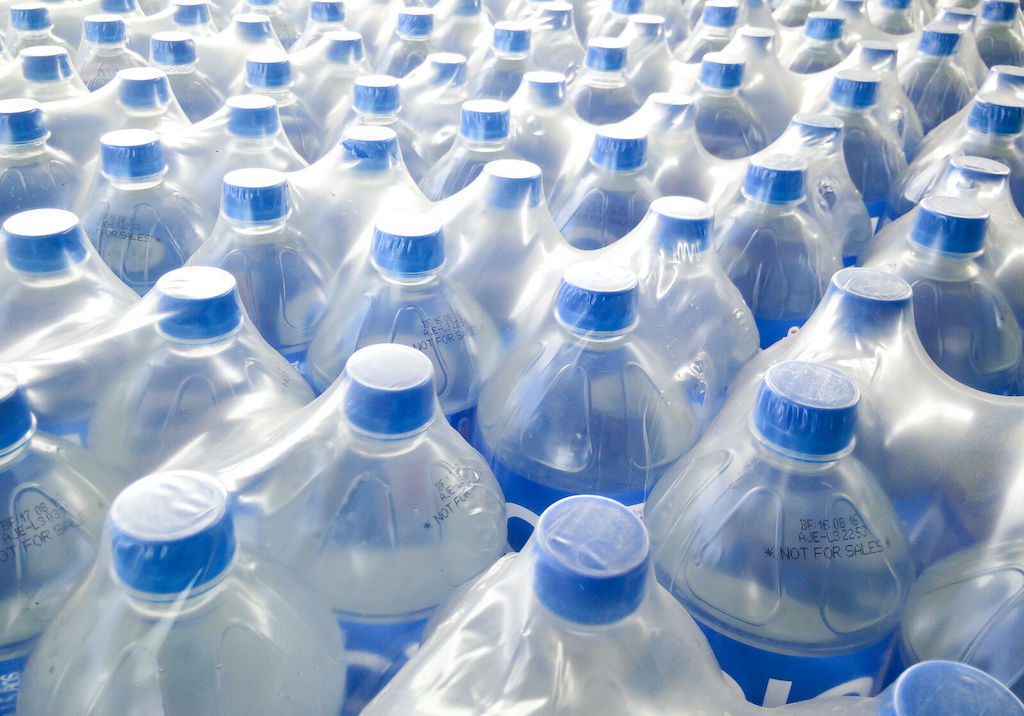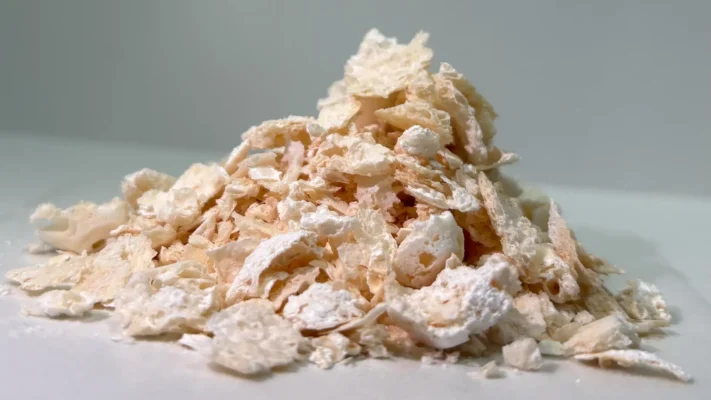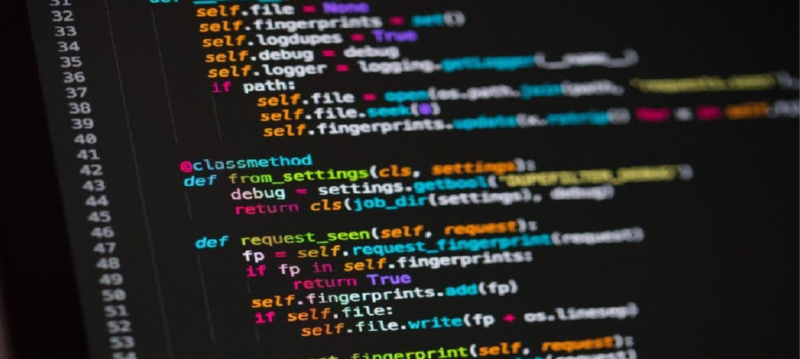A Clash of Visions for Tackling Plastic Pollution
While the so-called High Ambition Coalition to End Plastic Pollution — which includes the EU, Canada, Japan and Australia — called in Nairobi for curbs on plastic production (1), a newly formed Global Coalition for Plastics Sustainability, including Saudi Arabia, Russia, Iran and China, rejected production limits and emphasised recycling instead (2). Environmental health lawyer [...]

While the so-called High Ambition Coalition to End Plastic Pollution — which includes the EU, Canada, Japan and Australia — called in Nairobi for curbs on plastic production (1), a newly formed Global Coalition for Plastics Sustainability, including Saudi Arabia, Russia, Iran and China, rejected production limits and emphasised recycling instead (2).
Environmental health lawyer Vito Buonsante argues that the priority has to be reducing the production of plastics and making them less toxic, emphasizing that no plastics are known to be safe and circular (3).
Whether or not production limits will ultimately be included in the global plastics treaty remains to be seen, but Rebecca Marmot, chief sustainability officer at consumer goods company Unilever, believes that, by setting binding global rules, the treaty has the potential to reshape the world’s relationship with plastic, accelerate the transition towards a circular economy, and end plastic pollution (4).
Unilever, along with Nestlé and dozens of other big consumer brands, is a member of the Business Coalition for a Global Plastics Treaty, a grouping convened by the Ellen MacArthur Foundation and wildlife campaign group WWF (5). Its vision is a circular economy in which plastic never becomes waste or pollution, and the value of products and materials is retained in the economy (6).
This entails reduction of plastic production and use and, whenever possible, moving away from single-use plastics in favour of reusable and more durable solutions (7). Applied widely enough, such policies could reduce annual volumes of plastic pollution by at least 80 per cent by 2040 compared to business-as-usual, and achieve near-zero plastic pollution by 2060 globally (8).
Nestlé is carrying out 20 pilots in 12 countries for different reuse and refill business models, according to Nestlé’s Sustainability Head Katherine Roussell (9). However, she stresses that a wider transition will need regulation and industry-wide collaboration (10).
“Reuse and refill requires a system shift and multiple actors need to add different elements to their business models,” Roussell says (11). “If one can dream a dream, certain approaches to rolling out reuse would be included in the treaty — to create standardisation, cost savings and simplicity” (12).
Consumers, too, will need to learn new habits (13). “We need to incentivise behaviour change and create compelling user experiences and value propositions because, today, refill and reuse are less convenient for the consumer,” Roussell says (14). She cites a Nestlé study which showed that, in the UK, only people without children are using reuse and refill in significant ways (15).
Carsten Wachholz, global plastics treaty co-lead at the Ellen MacArthur Foundation, agrees that systemic change is needed — and soon (16).
“We must change how we design and use plastics as we cannot simply recycle or reduce our way out of this crisis,” he says (17). “Now is the time for tougher policy and accelerated business action” (18).
References
- High Ambition Coalition to End Plastic Pollution. (2022, May 30). Urgent action needed to curb plastic production and consumption. [Press release].
- Global Coalition for Plastics Sustainability. (2022, June 15). Statement on the global plastics crisis. [Press release].
- Buonsante, V. (2022, June 20). A global plastics treaty must address production and toxicity. Environmental Health News.
- Marmot, R. (2022, September 28). A global plastics treaty: Our chance to reshape our relationship with plastic. The Guardian.
- Business Coalition for a Global Plastics Treaty. (n.d.). About us.
- Ellen MacArthur Foundation. (2022, September 28). A new normal for plastics.
- Business Coalition for a Global Plastics Treaty. (2022, June 14). A circular economy for plastics.
- Business Coalition for a Global Plastics Treaty. (2022, June 14). A circular economy for plastics.
- Roussell, K. (2022, October 4). Nestlé’s journey towards a circular plastics economy. Circular Economy Forum 2023.
- Roussell, K. (2022, October 4). Nestlé’s journey towards a circular plastics economy. Circular Economy Forum 2023.
- Roussell, K. (2022, October 4). Nestlé’s journey towards a circular plastics economy. Circular Economy Forum 2023.
- Roussell, K. (2022, October 4). Nestlé’s journey towards a circular plastics economy. Circular
Made with Google Bard



